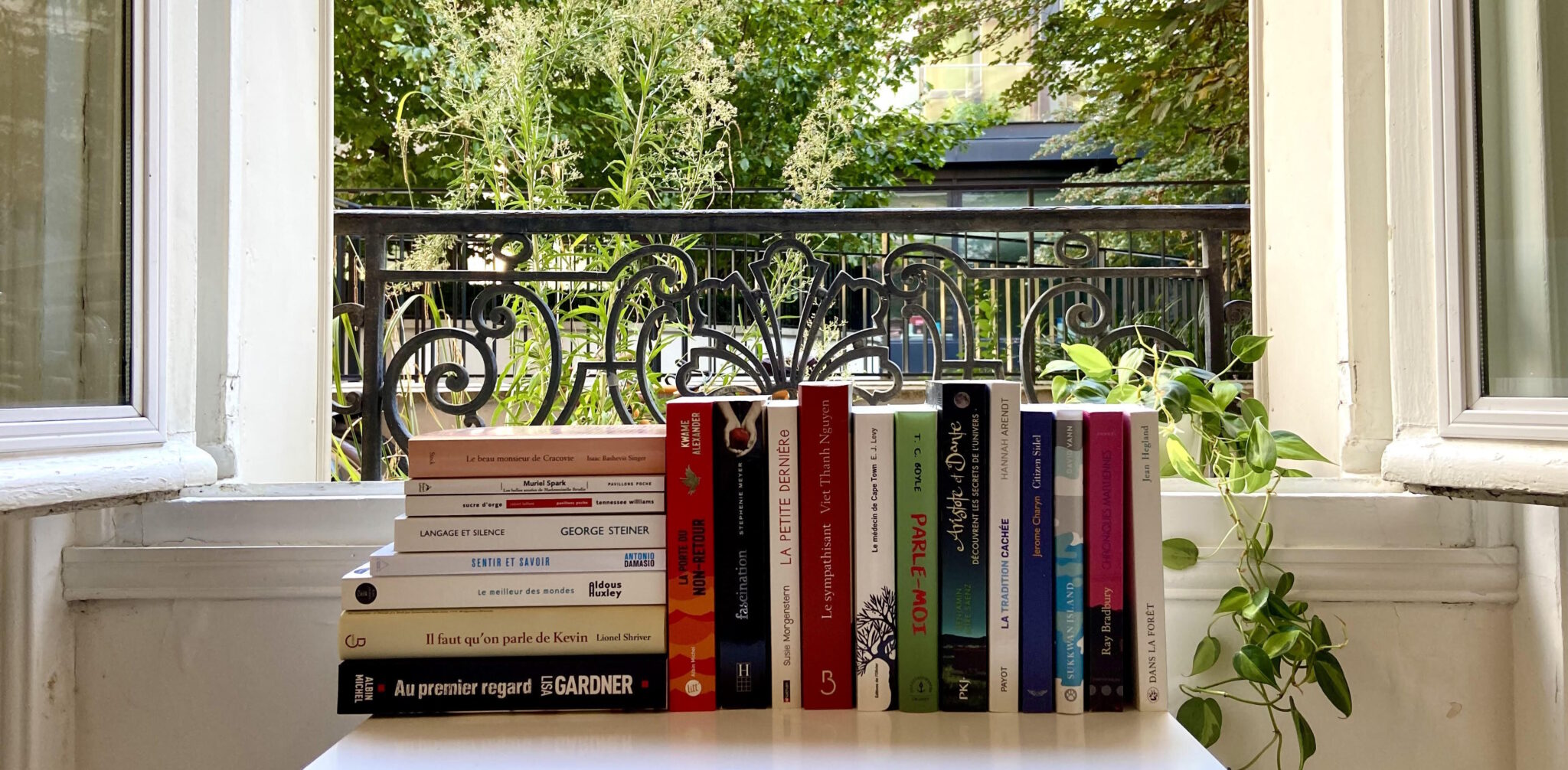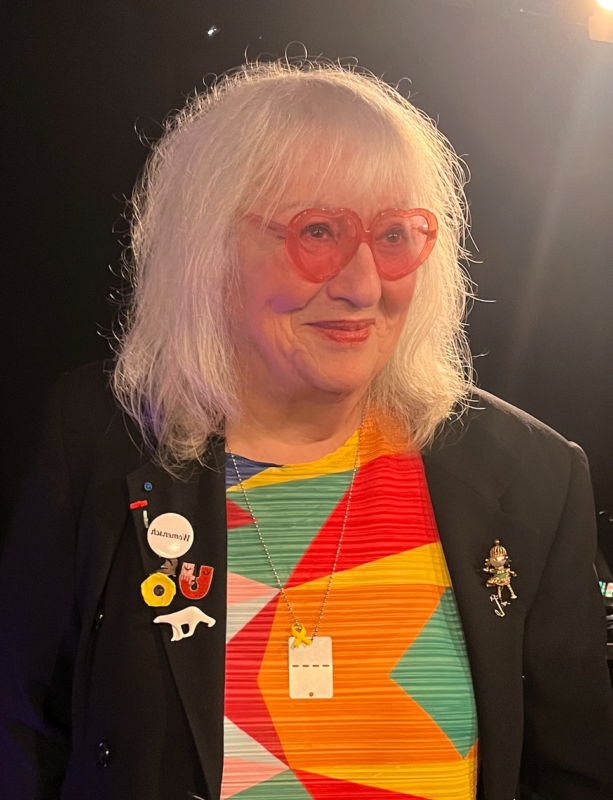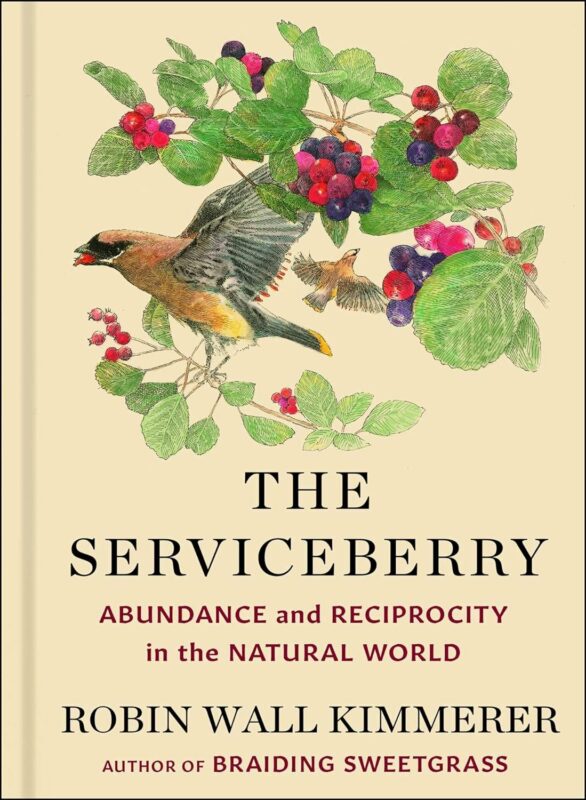Catherine
Lapautre
Agent
Managing Director

Representing mostly English-language publishers and agents for French-language rights, Michelle Lapautre Agency has been striving for the past fifty years to increase the presence of English-language authors in French-speaking countries.
The agency was founded in 1961 in New York by Georges Borchardt, in association with Michelle Lapautre based in Paris. In 1968, Michelle Lapautre Agency became fully independent. Michelle made it one of the most important French literary agencies. Her daughter Catherine Lapautre joined the agency in 1994 and took over its management after Michelle retired. Michelle, who passed away in January 2020, “contributed to raise the reputation of the profession, which is above all that of a ‘facilitator’” (Le Monde).

SUSIE MORGENSTERN
Grande Ourse 2024

THE FLOAT TEST
“I loved the sense of place” — Ann Napolitano

THE GLASS GIRL
#5 New York Times bestseller
(YA hardcover)

SKIPSHOCK
A paraître chez Walker Books en juin 2025

AESTHETICA
“Un premier roman funèbre et éclatant” — Le Monde

THE SERVICEBERRY
#2 New York Times bestseller (Hardcover nonfiction)
A paraître chez Actes Sud

RETURN TO SENDER
“Funny and scary and ultimately wise” — Karen Cushman

IMAGINATION
Ruha Benjamin, 2024 MacArthur Fellow

THE BOYFRIEND
#1 New York Times bestseller (trade paperback fiction)
A paraître chez City

DOPPELGANGER
Lauréat du Women’s Prize for Non-Fiction (UK)

ROBOT SAUVAGE
Adapté en film d’animation par DreamWorks

KNIGHT OWL AND EARLY BIRD
À paraître chez Kaléidoscope
(upon request)
(upon request)
(upon request)
Catherine
Lapautre
Agent
Managing Director
Claire
de Robespierre
Agent
Contracts Director
Mathilde
Lamborot
Agent
Senior Rights Manager
(adult titles)
Philippine
Labreuil
Rights Assistant
(children/YA titles
& graphic novels)
Mathilde
Caër
Rights Manager
(reversions, renewals, permissions)
Stella
Jean-Baptiste
Accountant
Contact